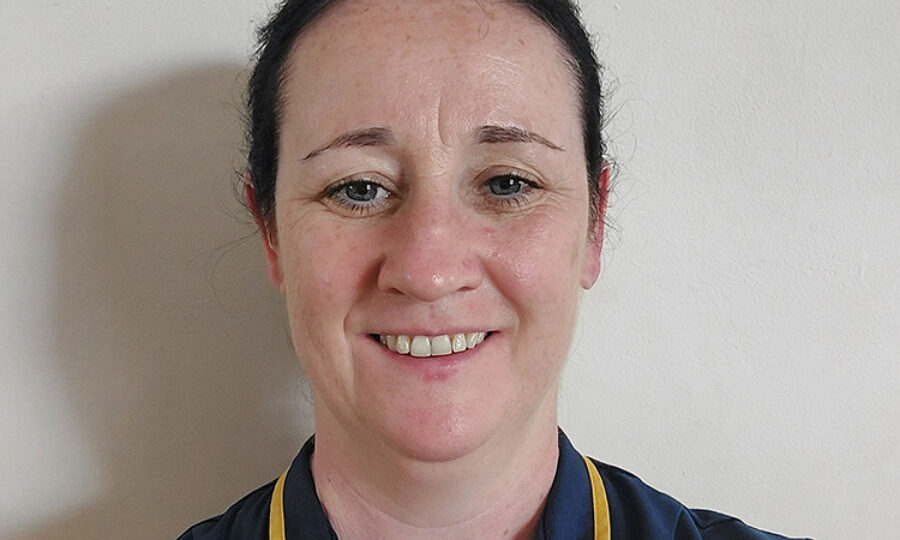In conversation: Anne McLoughlin

Lead clinical nurse specialist at University College London Hospital on supporting and treating patients with breast cancer, plus symptoms to look out for
Tell us a bit about yourself.
I have worked at University College London Hospital (UCLH) since 2018. I was born and have lived in northwest London most of my life. As the lead clinical nurse specialist (CNS), I manage a team of eight specialist nurses who provide care to those with a new diagnosis of breast cancer, as well as supporting patients with breast cancer that has spread to other parts of the body. It can be a challenge to provide compassionate care daily and I work alongside my team, encouraging them to provide the best care they can to patients, offering advice and guidance as needed.
What does a typical day look like for a breast cancer nurse?
Specialist nurses are often in the room with the doctor when a diagnosis of cancer is given, or when the doctor is explaining complex treatments. They know what has been said to the patient and can repeat the information as needed, as patients often only hear the word ‘cancer’ and can’t take in anything else. We help patients express their concerns, as patients will often tell specialist nurses information they may not wish to discuss with a doctor. The team will also provide ongoing information and support to those who have completed the main part of their treatment.
If patients are on a ward, we catch up with them and see how they are progressing through treatment and what concerns they may have. A significant part of our role is helping general or junior nurses to develop the skills and experience to competently care for cancer patients.
We also answer phone calls from patients who require additional support. We work closely with surgeons, medical oncologists, and members of the psychology service to ensure the team is up-to-date and providing the best care.
What advice do you have for supporting someone with breast cancer?
Watching a family member go through cancer treatment can be difficult. It is important to ask the person with cancer what support might be helpful – their answer may surprise you. Remember, even after cancer treatment has finished many patients still require support. It is at this stage many patients begin to process the experience they have been through, and side effects of treatment can persist.
How do you test for breast cancer and what treatments are available?
If you have breast cancer symptoms, your GP usually refers you to a breast clinic. It is likely to be a one-stop clinic, where you have several tests at one visit. You will have an examination of your breasts and a mammogram (an x-ray of your breast) or an ultrasound may be performed, if these tests show an abnormal area, a sample of tissue is taken (a biopsy).
Treatment depends on where the cancer is, how big it is, whether it has spread to anywhere else in your body and your general health, but could include surgery, chemotherapy, radiotherapy, hormone therapy and targeted drugs. Many patients are now cured of breast cancer and survive. Equally, patients with incurable disease can often live for a long time, so quality of life is important.
If you suspect you might have breast cancer, see your GP as soon as possible. Most changes will not be cancerous but early detection and diagnosis can improve survival.
What is your favourite part of the job?
Explaining treatments to patients in easy terms, so that something that may appear complex and frightening gradually becomes a little easier to understand and cope with. It’s important for patients to be informed about their choices.
Know the signs – here’s what to look out for:
- A lump or swelling in the breast, upper chest, or the armpit
- A change to the skin, such as puckering or dimpling
- A change in the colour of the breast – it may look red or inflamed
- A nipple change, for example it has become inverted (pulled in)
- A rash or crusting around the nipple
- Unusual discharge (liquid) from the nipple
- Changes in the size or shape of the breast
- Although rare, men can get breast cancer. The most common symptom of breast cancer in men is a lump in the chest area
